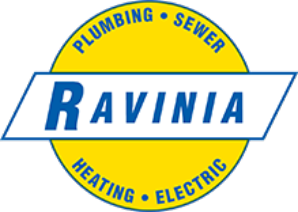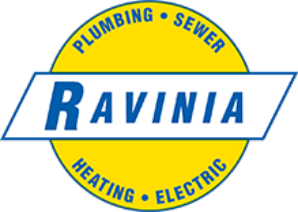
Hot weather. Cold weather. Pouring rain. Even high winds. All can cause a power outage in your house. And the results can be quite aggravating. Spoiled food. Lost data. And inconvenience.
All these nuisances can be avoided if you have an automatic standby generator. These generators are connected to your home’s electrical system, turning on automatically when the power goes out, and shutting off automatically when it comes back on.
People generally prefer these over portable generators that need to be turned on and off manually.
What to Look for When Buying a Standby Generator
Here are a few things to consider when purchasing a home standby generator.
Power needs
The first decision you need to make is whether you want a standby generator to power your entire home, or just specific things like your refrigerator, HVAC equipment, etc.
If you just want to power certain things, a standard standby generator should suffice. They power homes with a kilowatt range of nine to 20 kilowatts and run on natural gas or propane. However, if you want to power your entire house, you may want to opt for a whole-house standby generator that provide 20 kilowatts or higher power. These can run on propane, natural gas, or diesel fuel.
If you go the natural gas route, you will need to connect the backup generator to a natural gas line. But you will also know you will not run out of fuel. With propane, you do not need a natural gas line. But you run the risk of running out of fuel, possibly at the worst time. If you do go the propane route, the bigger the tank the better.
A licensed electrician can help you determine your power needs and what type of standby generator is right for you.
Automatic transfer switch (ATS)
The automatic transfer switch connects the generator to your electrical system. It monitors the power coming in and senses when a power outage is occurring. An ATS has a designated number of circuits, based on the generator’s strength, and each circuit connects to a circuit on your circuit breaker. There are a few options for transfer switches:
- Switches that provide power to circuits connected to selected items
- Switches that supply power to all circuits
Cooling
Generators can be air cooled or liquid cooled. Air-cooled generators use a fan to force air across the engine for cooling. This is sufficient for most home standby generators. Larger kilowatt generators usually require liquid cooling.
Enclosures
Aluminum and composite enclosures are preferred, as they prevent rust and corrosion.
Remote monitoring
Newer models have Wi-Fi options that let you monitor the generator when you are not home. You can also have your generator provider monitor it for you.
Maintenance
Make sure whoever you purchase the generator from has a maintenance plan. And then make sure the generator is maintained. Some warranties may not be valid if you do not properly maintain it.
Contact Ravinia Plumbing, Sewer, Heating & Electric for Standby Generators
Ravinia Plumbing can be your source for a standby generator. Our licensed technicians can help you determine the right generator for your home, and then install it. We also provide remote monitoring of your system, and free first-year maintenance on the generator you purchase from us. We’ve been in business since 1928, and we’ve made a name for ourselves as one of the most trusted and reliable plumbing, sewer, HVAC, and electrical companies in Chicagoland. Contact Ravinia Plumbing today to schedule an appointment.




